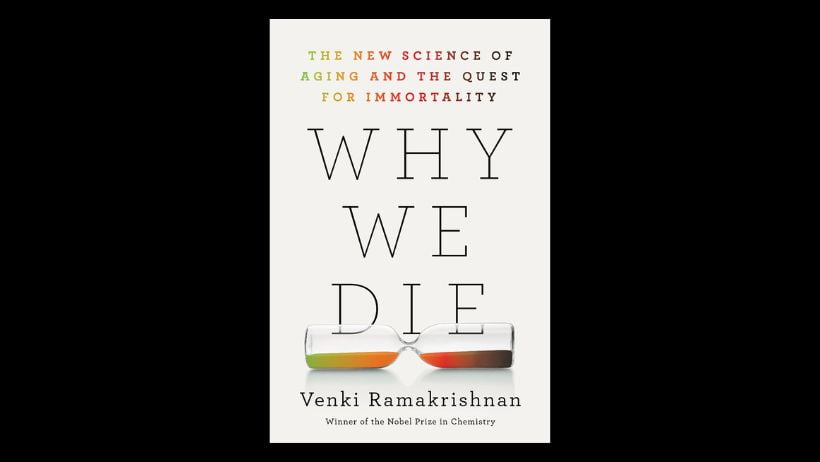Venki Ramakrishnan’s Book on Ageing and Immortality
For centuries, humanity has grappled with the enigma of ageing and mortality. In his latest book, “Why We Die: The New Science of Ageing and the Quest for Immortality,” Nobel Prize-winning scientist Venki Ramakrishnan extensively explores this timeless question. Through meticulous research and compelling insights, Ramakrishnan sheds light on the mysteries of ageing while delving into the tantalizing quest for eternal life.
As Ramakrishnan elucidates, ageing is a gradual process characterized by accumulating chemical damage to our molecules and cells over time. From minor defects to systemic failure, ageing manifests in various health issues that ultimately lead to death. However, amidst this inevitability lies a beacon of hope—a burgeoning field of scientific inquiry dedicated to unravelling the secrets of ageing and extending human lifespan.
In recent years, there has been an unprecedented surge in research focused on ageing, with over 300,000 articles published globally in the last decade alone. This scientific fervor is mirrored by substantial financial investment, with anti-ageing startups attracting billions of dollars in funding. Moreover, the interest of tech moguls like Elon Musk, Jeff Bezos, and Mark Zuckerberg underscores the growing momentum behind efforts to combat ageing and prolong vitality.
As demographics shift and life expectancy rises, societies are confronted with both challenges and opportunities. By 2030, one in six individuals worldwide will be aged 60 or older, marking a significant demographic shift with profound implications for healthcare, economics, and social welfare. Ramakrishnan’s book offers a nuanced examination of these trends, highlighting the complexities of an ageing population and the need for innovative solutions. This understanding, as the book emphasizes, is crucial for us to prepare for the future and ensure the well-being of our ageing population.
Central to Ramakrishnan’s discourse is the concept of peak productivity – an intriguing phenomenon that challenges conventional notions of ageing. While many individuals continue to make meaningful contributions well into their later years, empirical evidence suggests that the pinnacle of productivity often occurs before the age of 45. This insight prompts reflection on the intersection of age, achievement, and societal expectations.
Moreover, Ramakrishnan explores lifestyle factors such as diet and sleep that influence ageing and longevity. Studies across various species have demonstrated that a restricted diet can extend a healthy lifespan, offering tantalizing prospects for enhancing human longevity. Similarly, the importance of quality sleep cannot be overstated, as sleep deprivation has been linked to an array of age-related diseases, including cardiovascular ailments and Alzheimer’s.
Drawing on his expertise as a Nobel laureate in Chemistry, Ramakrishnan weaves scientific rigor and accessible prose to demystify complex concepts surrounding ageing and immortality. From the structure of ribosomes to the implications of extending human lifespan, his narrative captivates and enlightens readers, inviting them on a transformative journey through the frontiers of science.
In “Why We Die,” Venki Ramakrishnan invites readers to ponder life’s ultimate questions while offering profound insights into the science of ageing and the quest for immortality. With its blend of scholarship, wisdom, and visionary thinking, this seminal work promises to ignite curiosity, provoke contemplation, and inspire a renewed appreciation for the gift of life.

